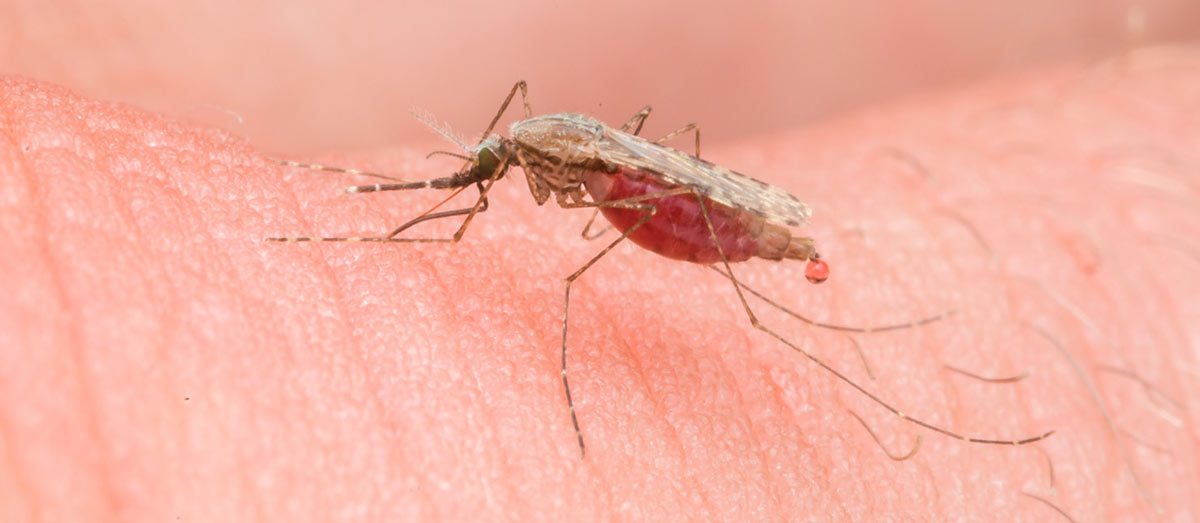The incidence of imported malaria is growing, particularly in non-endemic areas. Malaria is endemic in the KwaZulu-Natal, Limpopo and Mpumalanga provinces but there is a risk that it may become endemic in other regions. Climate change might also impact on how malaria is transmitted. Elimination is further affected by the cross-border impact of malaria from Mozambique and Zimbabwe.
The University of Pretoria Centre for Sustainable Malaria Control (UP CSMC) is a fully integrated, multidisciplinary, interdepartmental and interfaculty initiative. The aim of the Centre is to coordinate and promote collaborative research on safer and sustainable malaria control and management strategies, and to generate knowledge and support new activities pertaining to safe malaria control in Africa through fundamental and applied research. The Centre’s collaborative and transdisciplinary approach integrates all aspects of malaria control with research focusing on human health, parasite control and vector control.
The UP CSMC’s Remote Sensing for Malaria Control in Africa (ReSMaCA) programme is an initiative that makes use of earth observation technologies. The programme is a collaboration between the South African National Space Agency (SANSA) and French partners, the French National Centre for Space Studies (CNES). By using satellites and remote sensing techniques to monitor epidemics and merge health data with environmental and climatic data on water, air, vegetation and soil gathered by observation satellites, the disease-causing conditions and the mechanisms involved in the spread of disease can be researched. A malaria climate-modelling system may provide early warning on possible outbreaks and will stimulate research on the potential impacts of climate change on malaria. Remote sensing can also be used to monitor the movement of people across borders.
At the UP CSMC it is believed that one single control aspect will not solve the malaria problem and that various initiatives are required for safer and sustainable malaria control. Initiatives, including the ReSMaCA programme, form part of the Centre’s approach to the eventual elimination of malaria.
